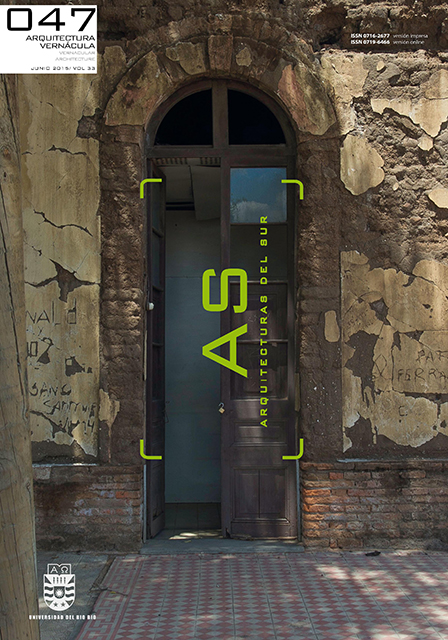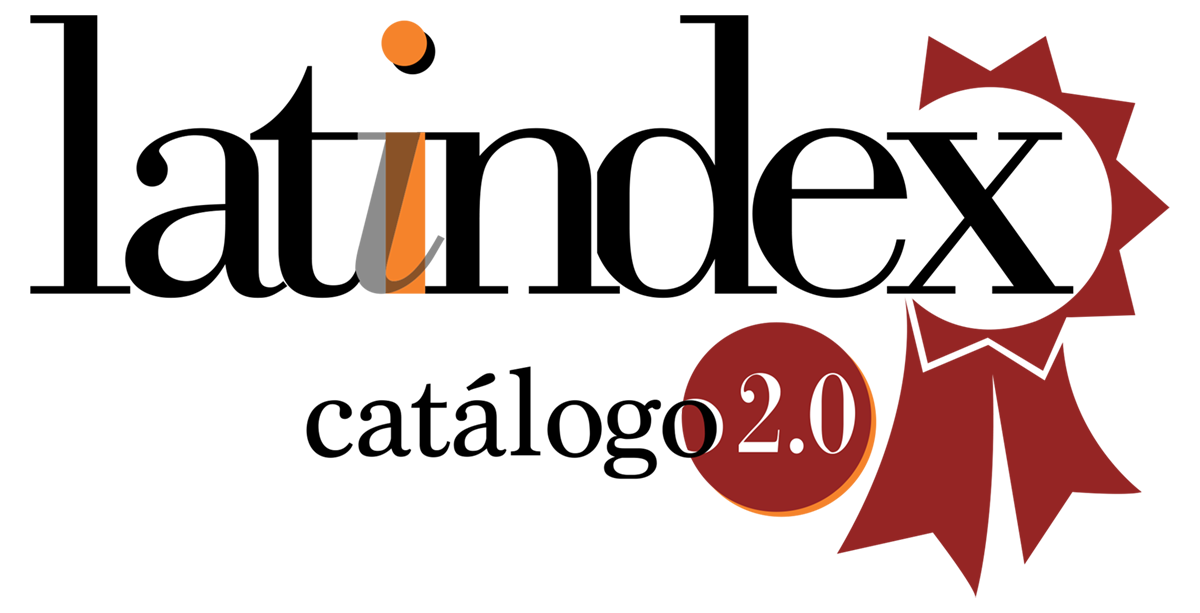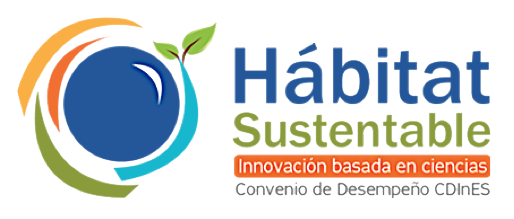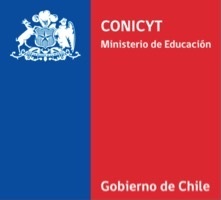The traditional forms of vernacular architecture: A Mexican project in the Sierra Madre Oriental
Keywords:
vernacular architecture, architectural design, cultural identity, rural patrimony, aboriginal dwellingsAbstract
The appreciation of vernacular patrimony is an act of justice and recognition of the dignity of indigenous peoples. It is a cultural legacy that is subject to strong economic and social depredations. The present article specifies some theoretical issues to define certain aspects of these problems. To provide a viable alternative for recovery, an architectural project is proposed for Sierra Alta, in the foothills of the Mexican Sierra Madre Oriental. The proposal has two components: the creation of community spaces including a meeting room, shared laundry rooms and a self-build workshop; and the possibility of improving the same vernacular dwellings, through sanitation measures, expansion and diversification of existing spaces. The project´s formal support comes from the incorporation of everyday ancestral objects. It is intended that through the self-management and self-assessment of these communities, the project will be open and democratic in nature.
Downloads
Downloads
Published
How to Cite
Issue
Section
License
The content of the articles published in each issue of Arquitecturas del Sur is the sole responsibility of the authors and does not necessarily represent the opinion of University of the Bío-Bío.
The authors will maintain their copyright; however, they will guarantee the journal the right to first publication and dissemination of their work. The publication of the article in Arquitecturas del Sur will be subject to the Creative Commons International license (CC BY-SA) that allows others to adapt: remix, transform and build on the material for any purpose, even commercially; share: copy and redistribute the material in any medium or format, as long as the authorship and first publication in this journal are acknowledged by citing them correctly, and their new contributions are under a license with the same terms.














 Programa de Información Científica/Concurso Fondos de Publicación de Revistas Científicas 2018/ Proyecto Mejoramiento de Visibilidad de Revistas UBB (Código:FP180007)
Programa de Información Científica/Concurso Fondos de Publicación de Revistas Científicas 2018/ Proyecto Mejoramiento de Visibilidad de Revistas UBB (Código:FP180007) 
